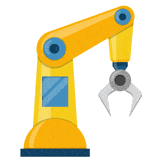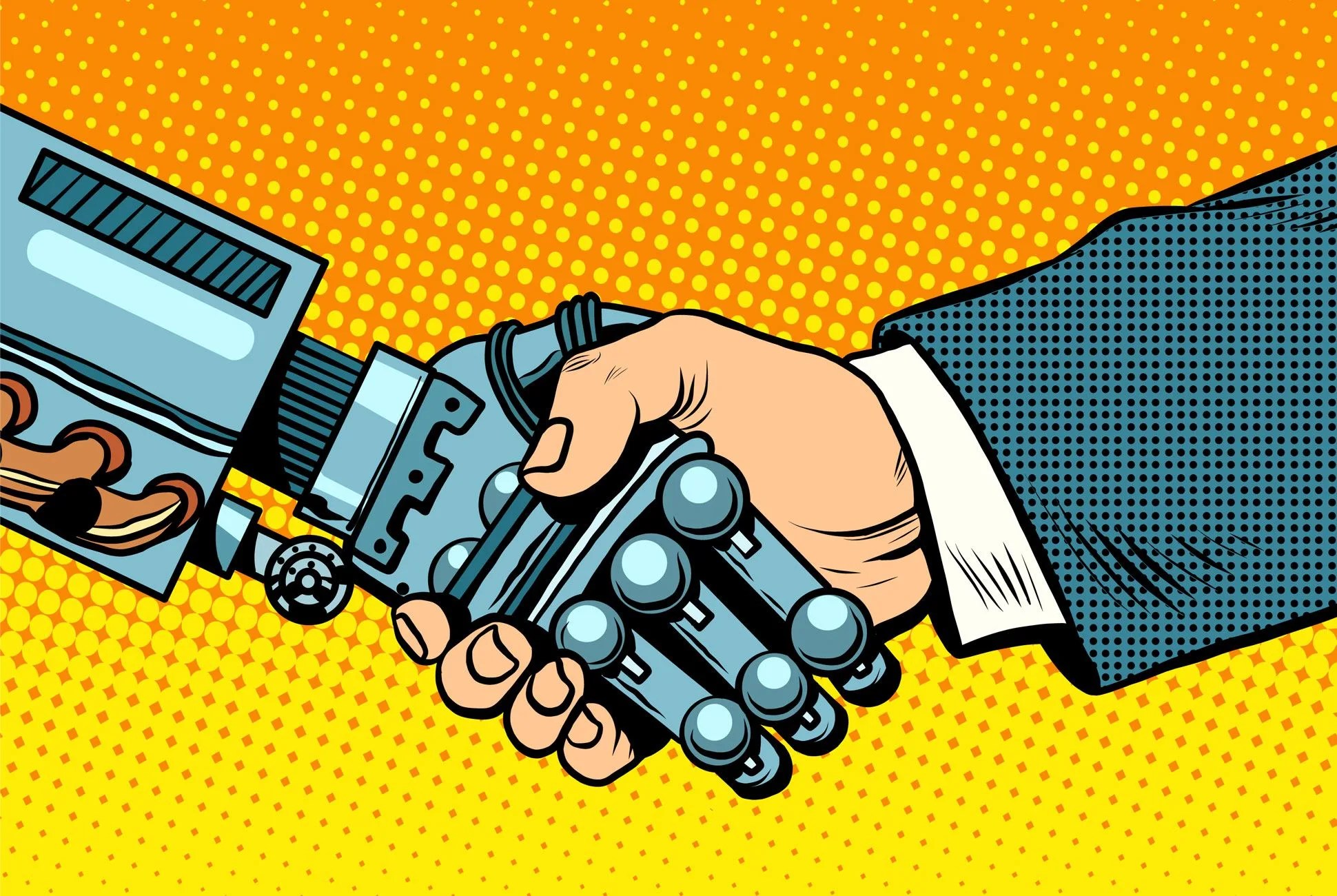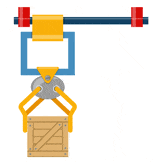Last July, over a thousand of the world’s brightest minds in computer science and robotics, including Stephen Hawking, Elon Musk and Steve Wozniak, convened in Buenos Aires for the International Joint Conference on Artificial Intelligence. Held once every few years since 1969, the event hosts discussions on the future of AI — where it’s going, what it means for humans, and how best to prepare for the future of technology.
Historically, the talks have been mostly educational, relevant only to individuals and companies who understand the complexities of AI and who speak the industry jargon. The 2015 conference, however, had a decidedly darker, more urgent tone.
In a letter signed by all of the event’s attendees, the industries and nations of the world were warned of a Terminator-style nightmare, should AI technology continue to advance unabated (keep in mind, computing power doubles every 18 months or so, according to Moore’s Law). This sort of sci-fi fantasy remains, for most people and their daily lives, hard to take seriously. But, there is one very real reason to be afraid of AI and robots: the potential for wide scale automation, across all industries, to eliminate the need for human labor. In a future where AI and robots can do everything we do — even better than we can — what are humans good for?
There is one very real reason to be afraid of AI and robots: the potential for wide scale automation, across all industries, to eliminate the need for human labor.
Alastair Bathgate, the CEO of Blue Prism, a UK-based developer of software robots that automate repetitive back-office tasks like data entry and analysis, believes AI is a force for good. “We’re not trying to take jobs away and take the economy apart,” Bathgate said. “What we’re trying to do is transform the outsourcing sector, and to give people an opportunity to do much more rewarding work.” For example, if a company needs a data technician, Bathgate believes it will be easier (and cheaper) to run his software, rather than go through the process of outsourcing work to countries like China, where an estimated 3.2 million jobs have been outsourced since 2001.

Bathgate acknowledges that automation has an impact on jobs — just not on the enormously detrimental scale outlined in some predictions. “We’re going to have a shortfall in labor in most first-world economies, and we need to address that in order to maintain production,” Bathgate said. Among the most widely cited studies on AI and its potential impact on jobs is a 2013 Oxford study, which predicts that in 20 years, 47 percent of existing US jobs will be made obsolete by AI and robots. Kevin Kelly, founding editor of Wired magazine, takes that estimate even further, saying that in 90 years, 70 percent of jobs will be automated.

